Running a small business has never been simple, but in 2025, it’s more complex than ever. Between shifting markets, tighter budgets, and constant pressure to grow without burning out, many small business owners are asking the right question:
Read More
SRC Celebrates 40 Years In Business—And The Best Is Yet To Come The employee-owners of SRC have a lot to celebrate this year. Not only does 2023 mark the company’s 40thanniversary, but the ten businesses that comprise SRC Holdings continue to set records with their performance despite the challenges of high inflation, soaring interest rates, and continued supply chain challenges.
Read More
Agribusiness is a robust and diverse industry that is at the core of American success and food security. Over time, the agriculture industry has evolved from crop tillage to precision ag, and numerous types of companies—including implements and parts manufacturers, food processors and distributors and green and renewable energy firms, among others—have contributed to this evolution.
Read More
Evergreen Cooperatives is a family of worker-owned cooperatives that includes the Evergreen Cooperative Laundry and Green City Growers. Evergreen Cooperatives focuses on creating economic development within specific neighborhoods in Cleveland, making it their mission to build up the people and communities around them. As Cleveland Foundation’s President/CEO and Evergreen Board Chairman, Ronn Richard, says: “Our goal is equitable wealth creation at scale.”
Read More
When the employee-owners of SRC Holdings gathered on the evening of Wednesday, June 15, 2022, for SRC’s 38th Annual Shareholder Meeting, you could feel the electricity in the room. Many of the company’s 2,000-strong workforce were in attendance—some with spouses, partners, and children in tow. Not only was everyone enjoying the ability to gather in person again, the company and its ten subsidiaries had been on a hot streak after a down year caused by the disruptions of the pandemic. Everyone was expecting big news because they were about to learn the updated share price of their company. They weren’t going to be disappointed.
Read More
Each year, Fortune partners with the Great Place to Work Institute to survey employees at hundreds of corporate America’s top firms to determine which companies will be named as one of the 100 Best Companies to Work For. The most recent list, released in 2022, included Great Game Hall of Fame winner, Hilcorp Energy.
Read More
Tom DeSimone, Director at Prairie Capital Advisors, Inc, joins to share the shifts his team witnessed during the pandemic, and how focusing on 2021 and not 2020 to ensure stability in your company.
Read More
Employee-owned businesses have experienced significantly fewer issues with employee retention than their non-employee-owned counterparts. I can’t remember a time in my career when employee retention was talked about more often than it is now. Even personally, I’m one of those Great Resignation statistics. In late 2021, I resigned from my position in local government to take on the role of Executive Director of Missouri Center for Employee Ownership, Inc. (MOCEO). Like many members of the American workforce, the pandemic pushed me to reevaluate my personal and professional priorities. So, when I joined MOCEO, I was very interested to learn what effect employee ownership had on employee retention. So, as soon as my second week of work, I began asking every executive of an employee-owned business I met, how their business model impacted retention. With very few exceptions, the general response was that retention wasn’t a significant issue.
Read More
The best, most successful companies feature highly participatory cultures in which employees routinely identify problems and share and implement ideas. High engagement cultures take a lot of work—the right information, the right team structure, management commitment, training time, and more. But a key factor that is often overlooked is the need to create a safe environment in which people feel comfortable dealing with conflict, taking risks, and trying new ideas. This blog talks about why this matters and how to get there.
Read More
Liquidity options are plentiful for business owners: strategic sale, private equity, management buyout, family transfer, and leveraged recapitalization. Which path should you take? We know that 42% of the 2021 Great Game™ All-Star companies and many others walked a different path—implementing an Employee Stock Ownership Plan (ESOP). Apart from the fact that ESOPs can be a great exit strategy for open-book companies, here are the top five reasons why open-book management companies should consider an ESOP.
Read More

.png)


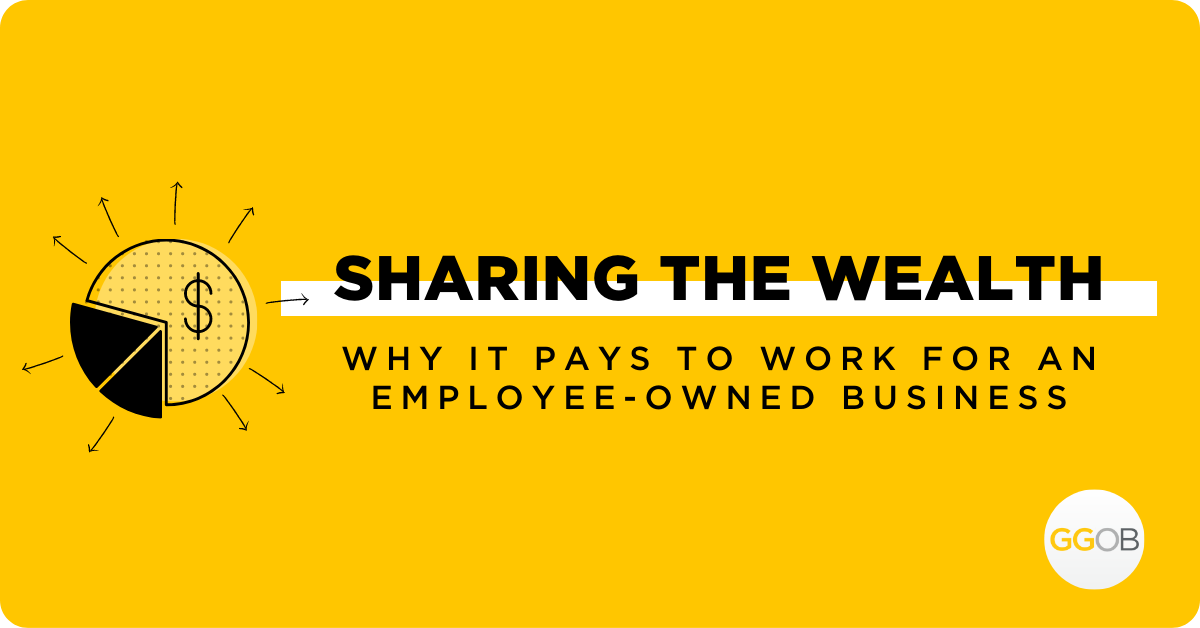

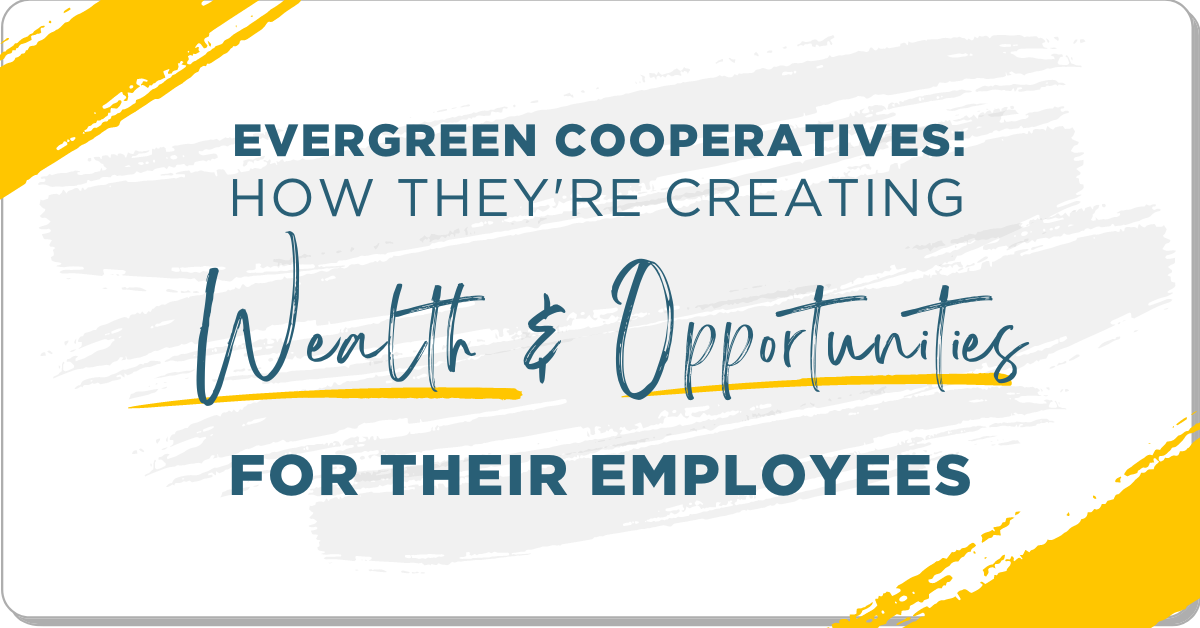
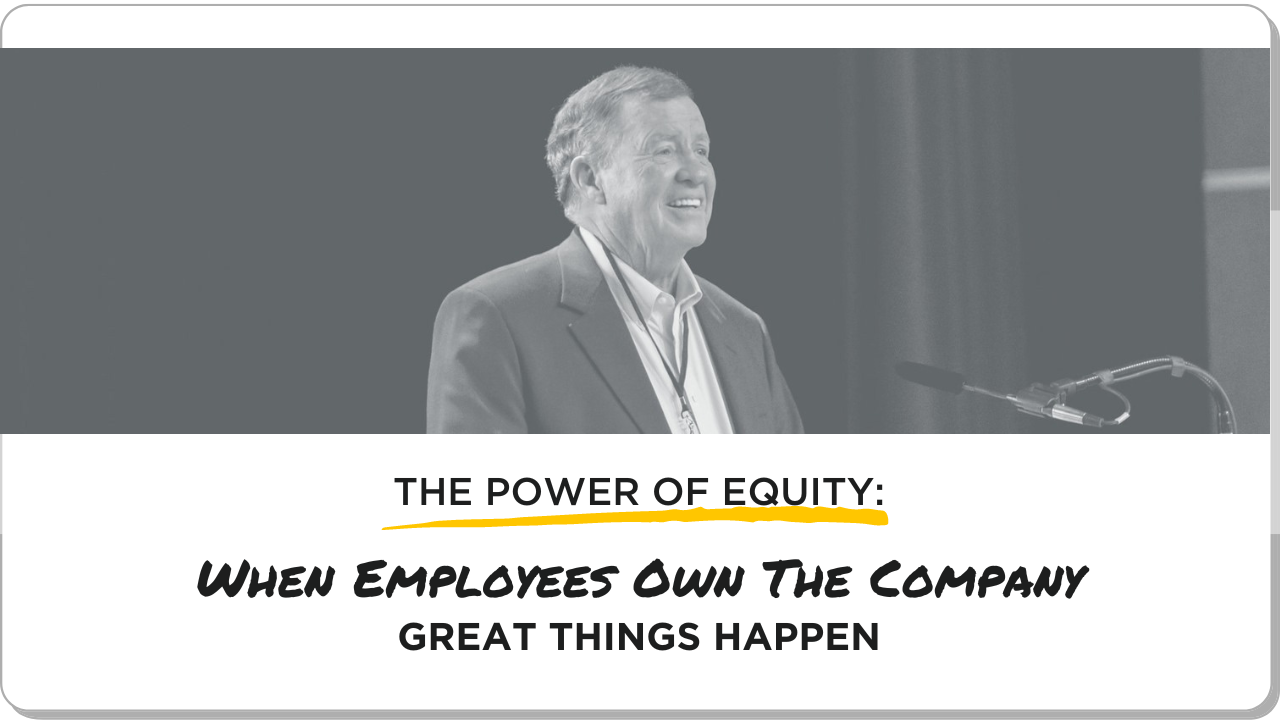
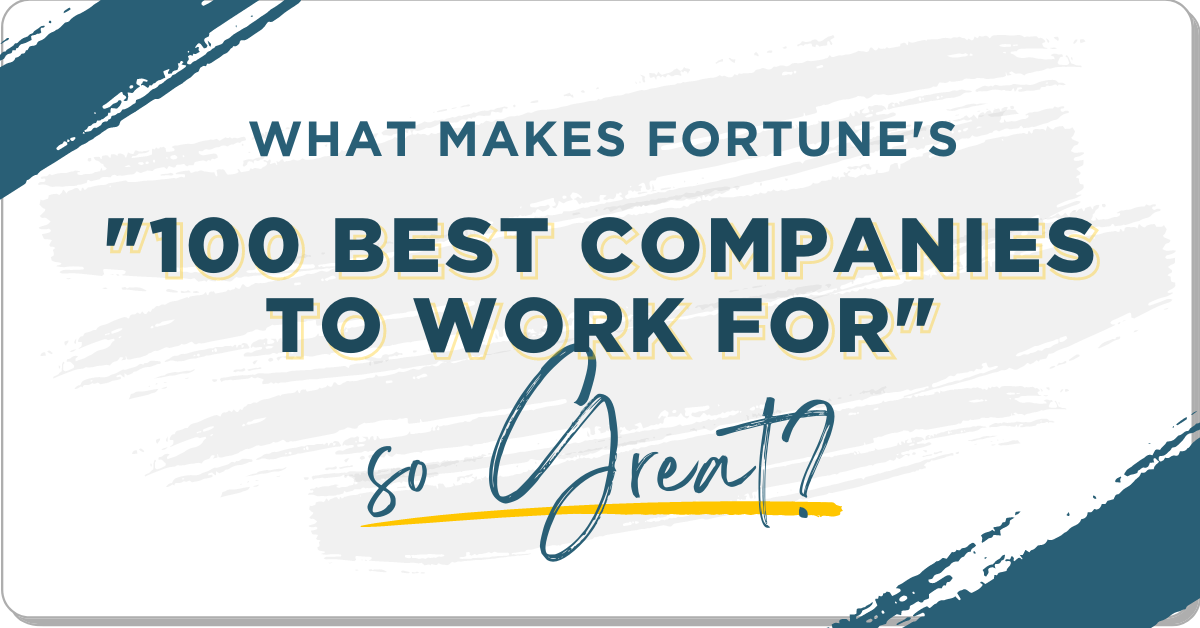
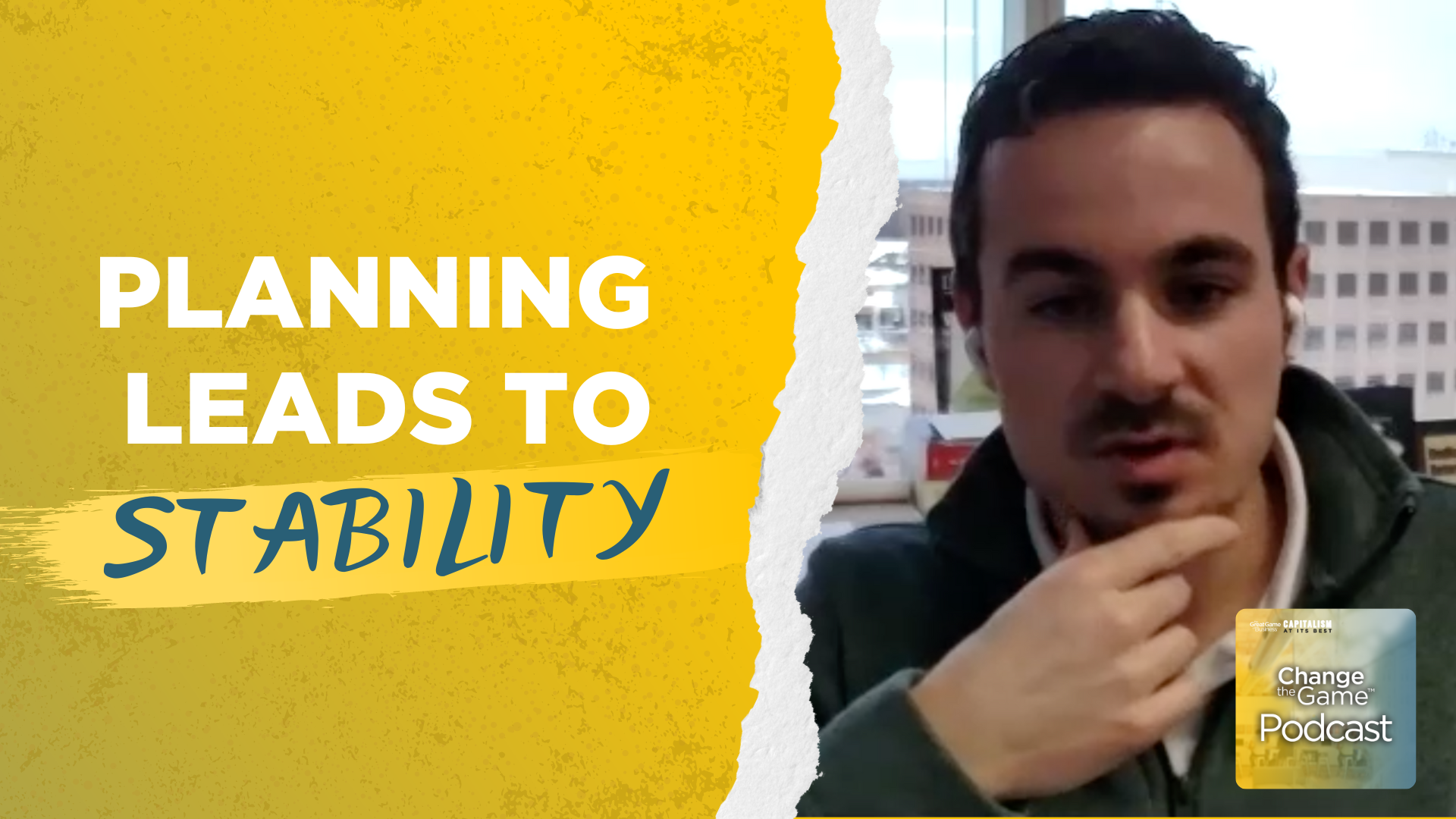
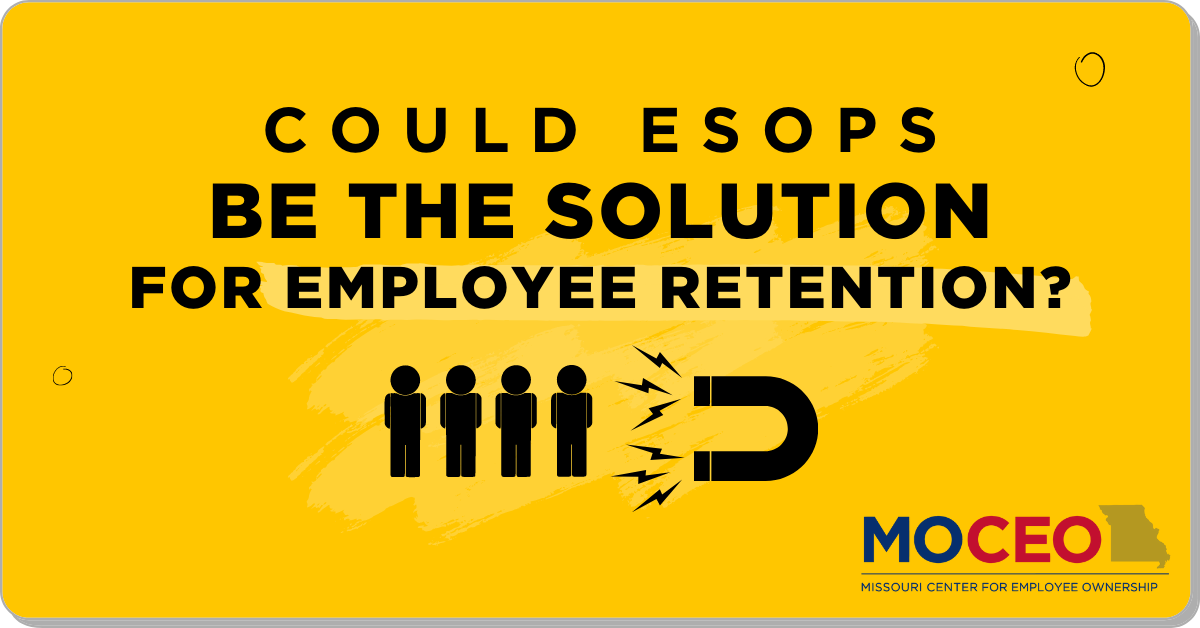
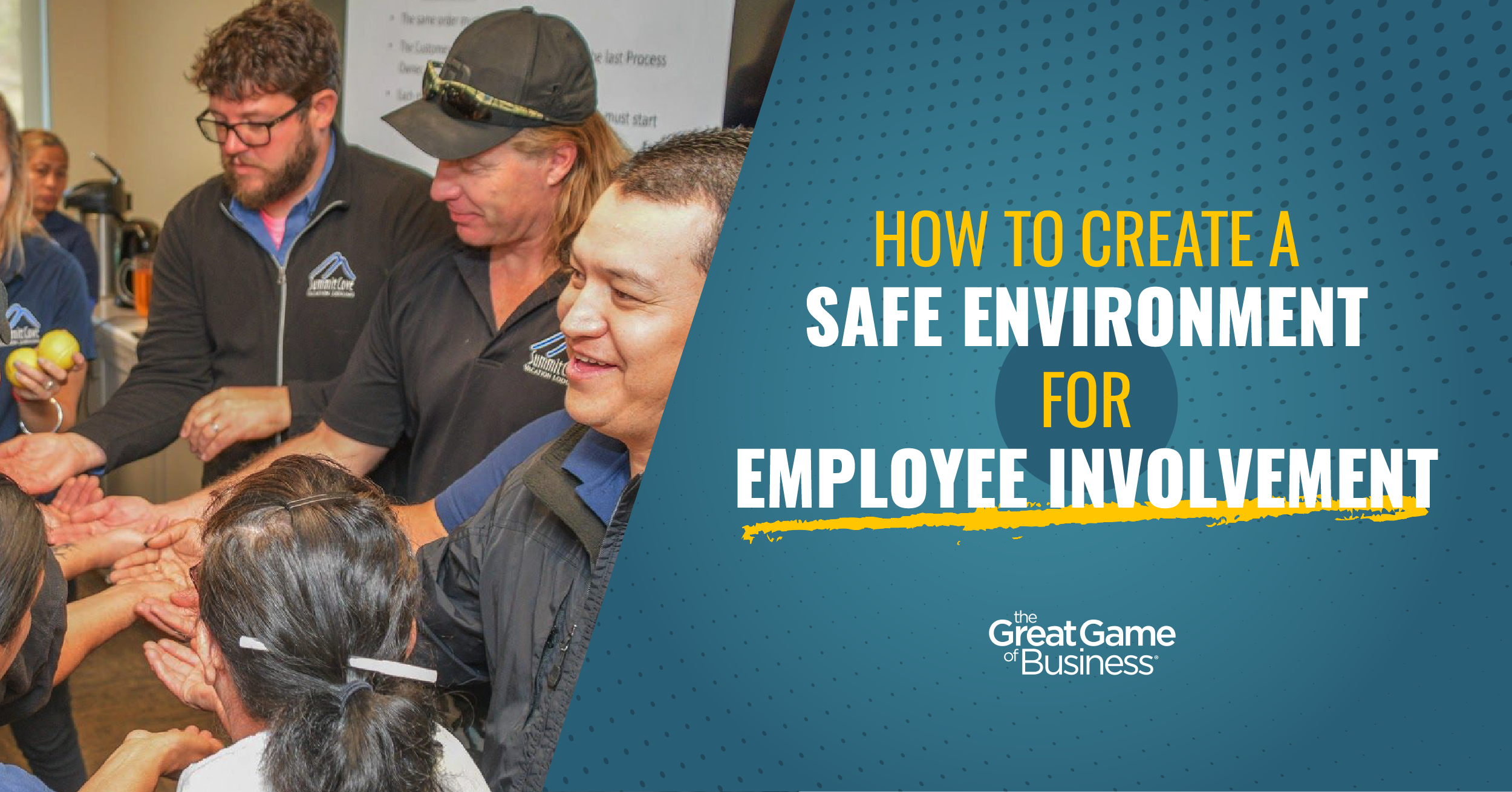
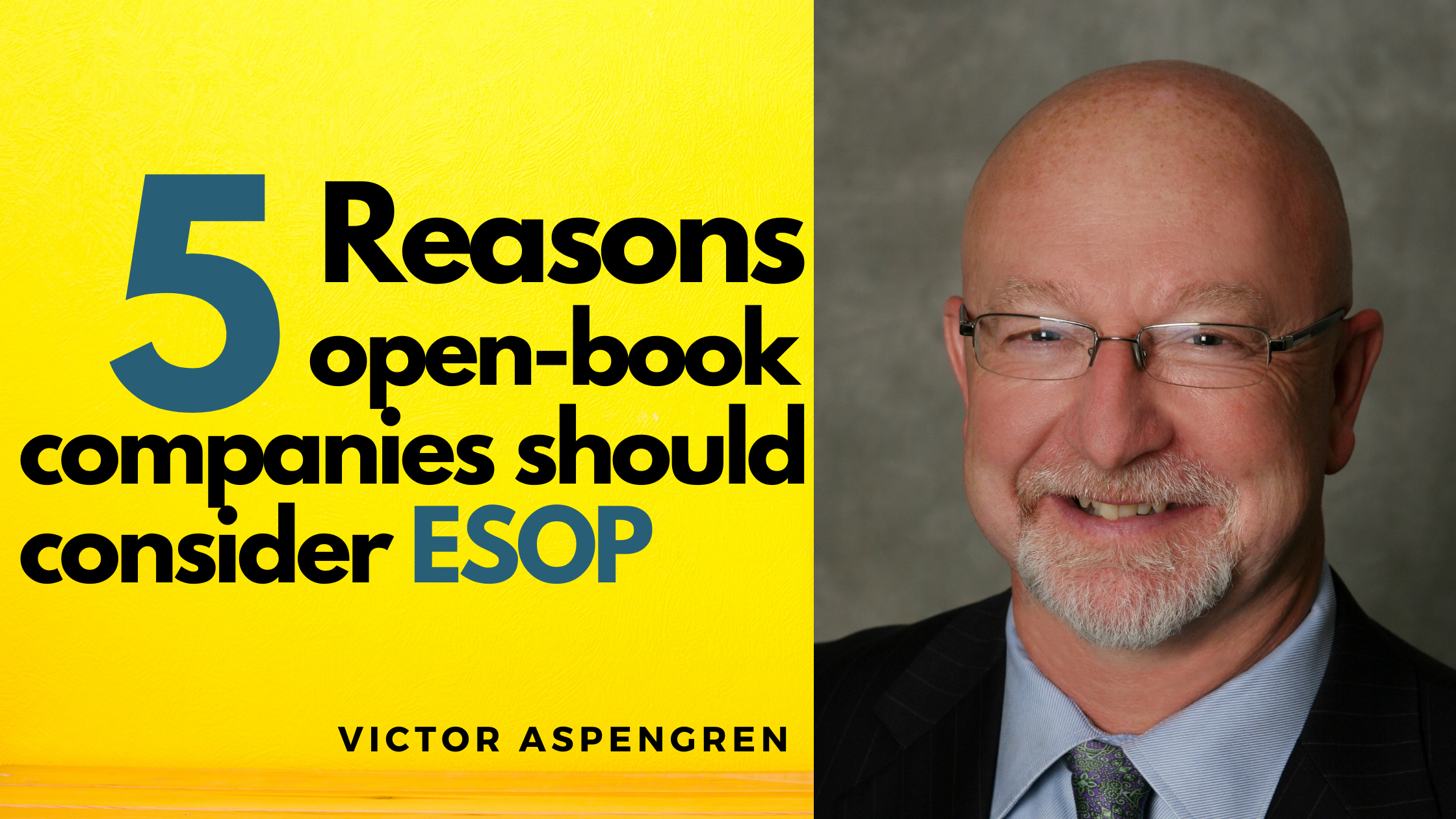



.png)




-5.png)
.png)
